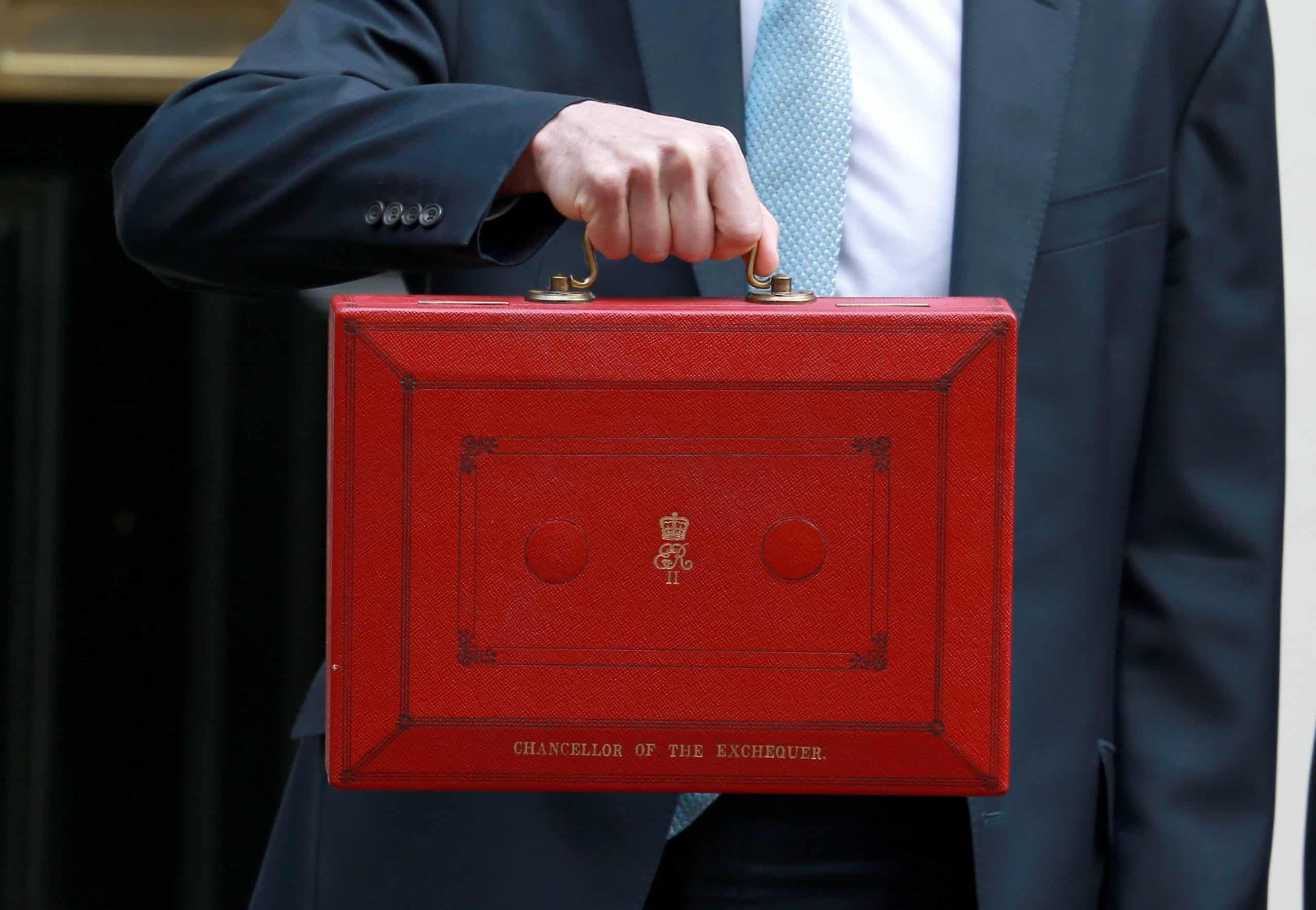On 30 October Rachel Reeves delivered her Budget, the first from a Labour government in almost 15 years. The headlines have been all about a rise in taxes, albeit personal tax is unaffected until 2028. This article explores the upcoming changes and how they could impact your financial settlement.
Capital Gains Tax (CGT)
CGT is a tax on the profit you make when disposing of an asset that has increased in value. Disposing includes selling, gifting, swapping or receiving an insurance payout for something. CGT is usually payable on assets worth £6,000 or more (not cars), properties that are not your main home, shares and business assets.
For disposals made on or after 30 October 2024, the CGT rate will increase to 18% if you are a basic rate taxpayer. If you are a higher or additional rate taxpayer, the rates are increasing to 24%.
The rates in disposing of residential properties that are not your main home were already set at 18% and 24% so the changes have meant there is no longer a need to differentiate between the type of property being disposed of.
There is an annual tax-free allowance of £3,000 and that has not changed.
You do not pay CGT on assets given or sold to your spouse unless you separated and did not live together at all in that tax year. However, it important to remember that even if you give an asset to your spouse free of CGT, they may need to pay tax on any gain if they later dispose of that asset themselves. The key is their gain will be calculate based on the difference in value between when you owned the asset and when they disposed of it. For artworks or shares owned for many years, that gain could be substantial and therefore lead to a substantial tax bill.
CGT can often be overlooked when dealing with a financial settlement so it is imperative to consider any liabilities that may be due now and in future to ensure they are addressed within a financial order.
Stamp Duty Land Tax (SDLT)
SDLT must be paid if you buy a property or land over a certain price. The rates vary depending on the price of the property and whether you are a first-time buyer, or purchasing a second home. It is common when dealing with a divorce for a spouse to remain an owner of the family home so any children can remain there until adulthood. Often, that spouse will then purchase another property to rehouse in.
It had already been confirmed that the SDLT thresholds would reduce back down from 1 April 2025. It has now been announced that the higher rates for additional properties will increase from 3% to 5%, effective from 31 October 2024.
For example, if you were to purchase a second property at £450,000 there would now be £35,000 in SDLT due, compared to the £23,500 due under the previous rates.
This change is a key consideration for those going through a separation and it could now mean purchasing a second property is no longer affordable.
VAT on private school fees
It had already been announced in July of this year that private school fees would no longer be exempt from VAT and this has been confirmed. As of 1 January 2025, all education services and vocational training supplied by a private school for a charge will be subject to VAT at the standard rate of 20%. Boarding services will also be subject to VAT.
The legislation is due to take effect on 1 January 2025. However, any fees invoiced or paid on or after 29 July 2024 that relate to the school terms after 1 January 2025 will be subject to VAT.
A school year that usually costs £30,000 will now cost £36,000. If you have agreed to meet school fees as part of a financial settlement, you may now need to consider this additional cost, especially if your children are in the early years of their education.
At EJ Coombs, we take pride in our attention to detail, ensuring that any potential tax liabilities are addressed within a financial settlement. We also work closely with independent financial advisors and accountants who can provide specialist advice if needed. Use the links below to book an initial fixed-fee appointment with us today.




